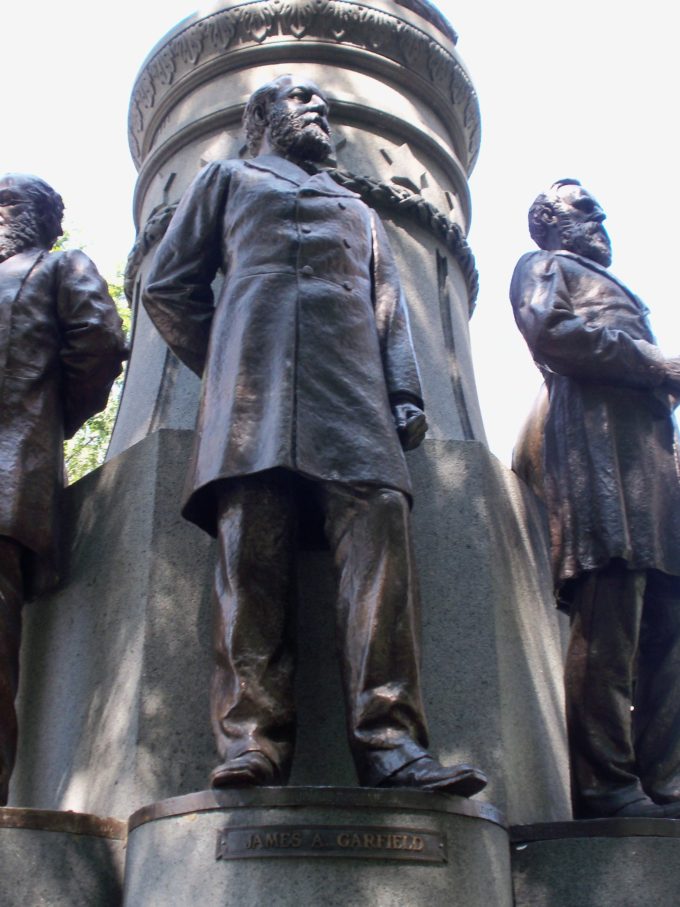
Wednesday, 11 December 2019
Beloved, do not think it strange concerning the fiery trial which is to try you, as though some strange thing happened to you; 1 Peter 4:12
Peter now returns, once again, to the idea of suffering and trials. In doing so, he again uses the word translated as “beloved” as he did in verse 2:11. He is tenderly addressing his flock and asking them to consider his words as a heartfelt truth that must be considered. In this, he says, “do not think it strange.”
Here, he uses the same word as in verse 4:4. It signifies “to receive as a guest.” Thus, it is something surprising. They are not to be surprised or alarmed “concerning the fiery trial which is to try you.”
Here, the verb is a present participle. It should read, “the fiery trial which is trying you.” They were already facing fiery trials, and they should not consider that this is something unusual or which was unexpected. The word translated as “fiery” is introduced here, and it will be seen two more times in Revelation 18 when speaking of the burning of Babylon. It is that which burns for purification. In this case, it is combined with another word, translated as “trial,” to signify a test of burning which purifies. One can think of silver being refined and purified through the work of the refiner.
Peter says that there should be no surprise in this. If believers are the Lord’s, and we are imperfect, fallen beings, then we require purification through such testings in order for us to grow and mature. Therefore, it should not be in their minds that this is “some strange thing.”
This is how God worked with Israel while under the law –
“For My name’s sake I will defer My anger,
And for My praise I will restrain it from you,
So that I do not cut you off.
10 Behold, I have refined you, but not as silver;
I have tested you in the furnace of affliction.
11 For My own sake, for My own sake, I will do it;
For how should My name be profaned?
And I will not give My glory to another.” Isaiah 48:9-11
As Peter’s audience is first and foremost Jewish believers, they would be aware of the words of the Lord, and they should understand that the Lord purifies His people in order that His name would be glorified. Hence, such testing was for their good and for His glory. Peter says this is why the trials “happened to you.”
Again, it is a present participle. Therefore, it should read “are happening to you.” It is something that had begun, and it is something that will continue until the end of this age. God’s hand of purification will continue until His people are finally glorified.
Life application: Each person who attempts to live a godly life will be facing their own trials. These are allowed in our lives to try us, to test us, to strengthen our armor, and to build our Christian character. However, none of these things are allowed without the approval of the Lord.
To understand God’s sovereign hand in all things – even in calamity – read the first two chapters of Job. Satan had to get permission to bring trial and disaster on Job. The Lord allowed these things to happen, and He will allow difficulties to come about in our lives as well. This doesn’t in any way demonstrate an uncaring or unloving attitude in the Lord. Instead, all things are brought about for our benefit (whether we understand it at the time or not) and for His glory.
In the end, we will see the wisdom of everything that has happened to us in our lives. The thing for us to remember now is that it is a demonstration of God’s confidence in us and our ability to learn and grow from what has occurred, or is occurring, in our lives.
Heavenly Father, we don’t like the fiery trials we have faced in the past, and we certainly don’t look forward to the ones yet to come, but we know that You have ordained them for our learning and growth. When they come, remind us of this, so that we can bear up under the pressures they bring about. In the end, we know that You will be glorified, and we will be edified. Amen.
